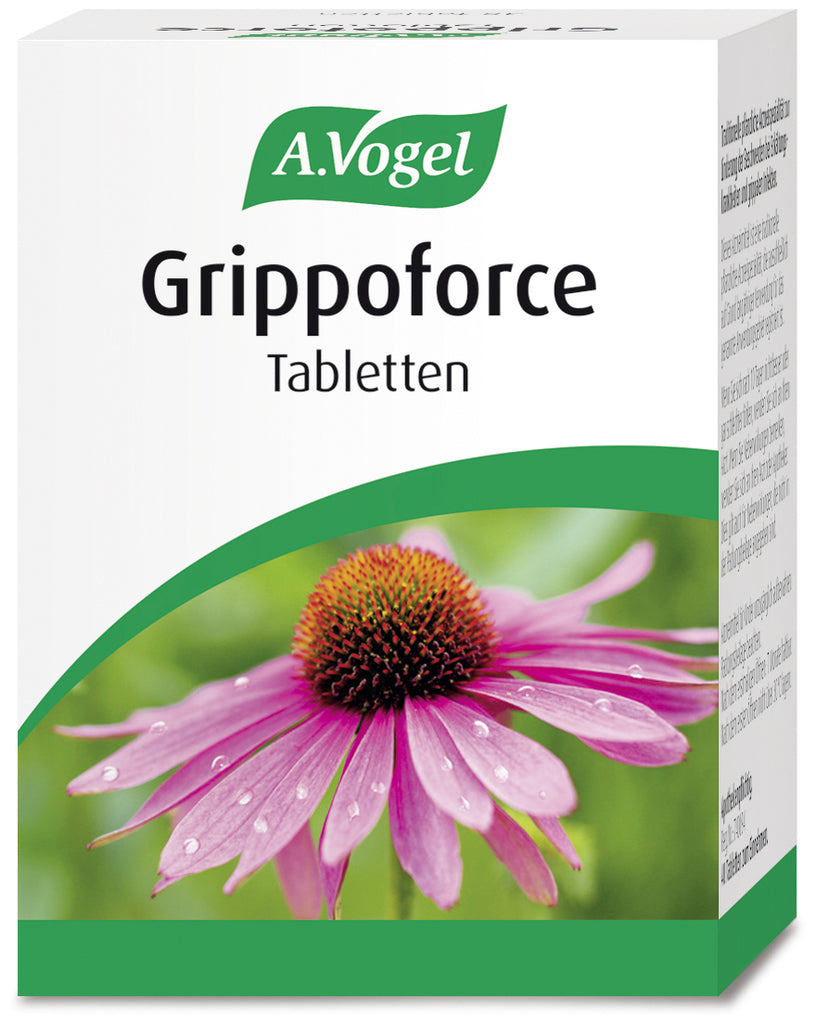- Free Shipping on Orders Over $99
- Up to 40% OFF on Selected Items
- 100% Secure Payment
When it comes to managing minor ailments and health issues, over the counter (OTC) medicines play a vital role. These medications are easily accessible without the need for a prescription, making them convenient for quick relief. Whether you’re dealing with a headache, common cold, or allergies, OTC medicines offer a wide range of options to alleviate symptoms. In this article, we’ll explore the different types of OTC medicines available, their benefits, and how to use them effectively.
OTC medicines have become a popular choice for self-care due to several advantages they offer:
OTC medicines are available in various forms, catering to different health conditions. Some of the most common types include:
Pain relievers are among the most widely used OTC medicines. They help alleviate a range of pains, such as headaches, muscle aches, and joint pain. The two primary types of OTC pain relievers are:
When battling the common cold or cough, OTC medicines can provide relief from symptoms such as congestion, sneezing, and sore throat. These medications are available in different forms:
Allergy medicines are designed to relieve symptoms triggered by allergies, such as hay fever, pet allergies, or allergic skin reactions. OTC allergy medications include:

While OTC medicines are easily accessible, it’s essential to use them correctly to ensure safety and effectiveness. Here are some tips to keep in mind:
Over the counter medicines provide a convenient and cost-effective way to manage various minor health issues. From pain relievers to cough and cold medications, these readily available options empower individuals to take control of their well-being. However, it is crucial to use OTC medicines responsibly by following dosage instructions and seeking professional advice when necessary. By understanding the benefits and proper usage of OTC medicines, you can effectively alleviate symptoms and promote your overall health and well-being.